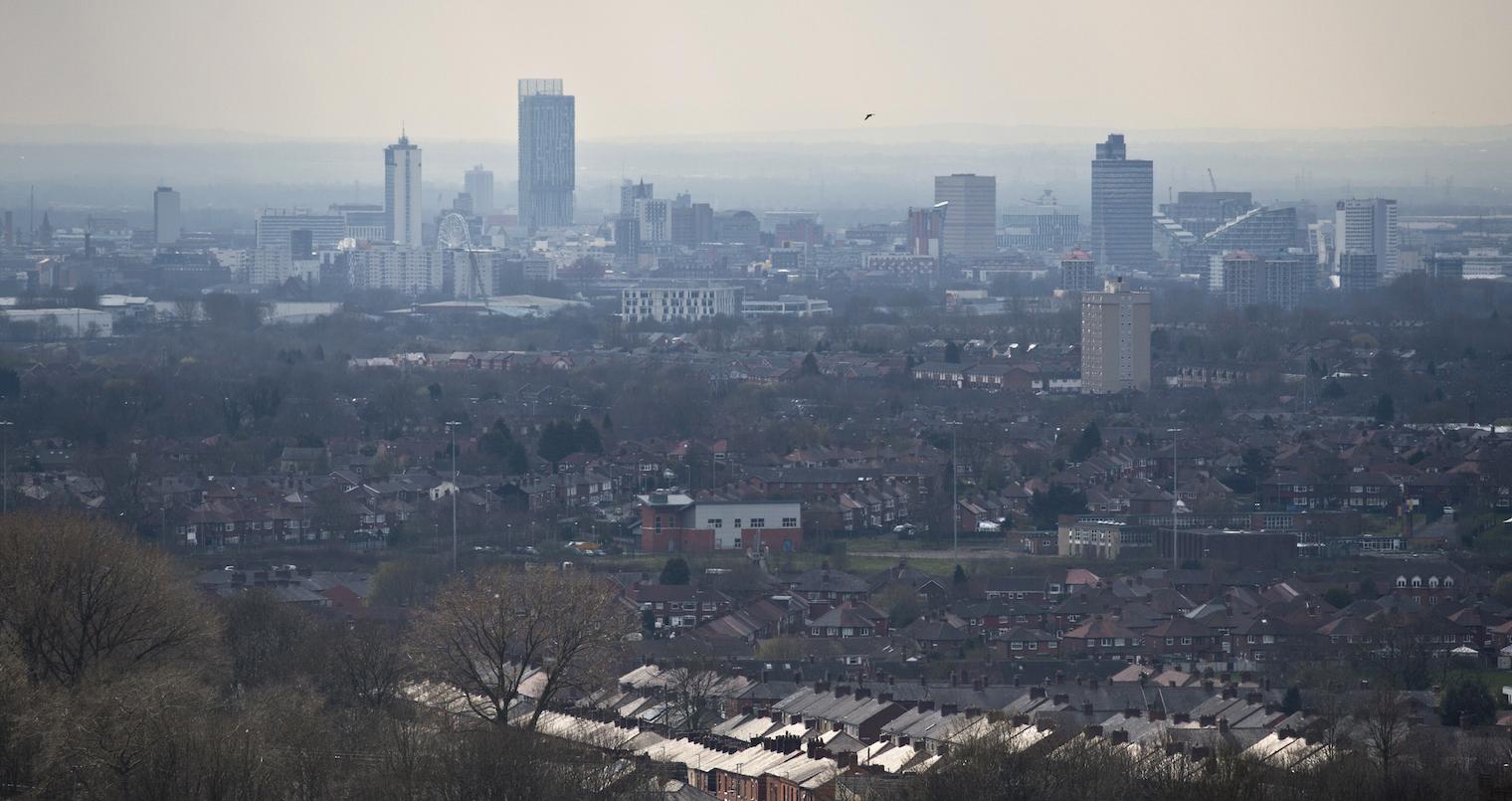Leasehold scandal: ‘Massive’ breakthrough as UK’s largest housebuilder eliminates ground rents
Homeowners will no longer be charged ground rent after buying flats from Barratt

Campaigners have hailed a breakthrough in the leasehold scandal that could help thousands of prospective homeowners after the UK's largest house-builder eliminated ground rents on its new developments.
Barratt Developments is beginning to offer 999-year leases and zero ground rent on new-build flats. Leaseholders will also have the right to set up a resident management company that would govern the property.
The changes are being introduced ahead of an update to the government’s Help to Buy subsidy scheme for first-time buyers next year. Ministers announced in March that developers would no longer be able charge ground rent on properties sold under the scheme.
That could have led to a situation where some leaseholders were charged ground rents in a building while others weren’t, creating complexities for developers who typically boost their profits by selling off freeholds to investors. Barratt is seeking to standardise terms across all of its new developments.
Ground rents are charged to leaseholders by freeholders who own the land on which their home is built or the building in which flats are contained. Ground rents and service charges can rise sharply, sometimes to thousands of pounds a year.
Barratt's move represents a significant step forward, said Sebastian O'Kelly of the Leasehold Knowledge Partnership.
"This is two thirds of what we have been asking for for years," Mr O’Kelly said. The third element is the abolition of leasehold tenure altogether. Instead of a freeholder owning the land, flats would be commonhold which gives the owners of homes in shared buildings more autonomy and broader rights.
Mr Kelly said he believed Barratt’s decision meant it was likely the ground rents industry will soon come to an end.
"The only legitimate income stream from the whole leasehold game is ground rents," said Mr O’Kelly. "Once you strip that out the whole business of ground rents comes to an end. Therefore I think housebuilders will be quite amenable to commonhold if ground rents are eliminated."
The UK's largest house-builder abolishing ground rents is "a massive thing", said O’Kelly. "Ground rents are a multi-billion-pound industry that doesn't seem to have any future. It's disgraceful that it exists in the first place. From the consumers' point of view this is excellent news."
Barratt, Countryside, Persimmon and Taylor Wimpey are under investigation by competition regulators after "troubling evidence" was uncovered over the way leasehold properties were sold. Many homeowners say they did not know what they were signing up for and that potential costs were not explained to them.
Prospective homeowners have become increasingly aware of sharp practices and substandard work by large UK builders as the Grenfell inquiry has revealed a culture of cutting corners and flouting safety rules.
Millions of people living in flats are currently unable to move home because lenders will not provide mortgages on their flats until they are certified as safe. Confusion over standards for materials such as cladding and insulation has left a huge backlog of work to check thousands of buildings, mostly inhabited by leaseholders.
"The cladding scandal has changed the game on leasehold," said Kelly. "You have an entire generation of first-time buyers who are now shafted."
Around 200,000 high-rise flats (taller than 18m) are thought to have unsafe cladding, along with several times more low-rise flats which may also pose a fire risk.
Join our commenting forum
Join thought-provoking conversations, follow other Independent readers and see their replies
Comments
Bookmark popover
Removed from bookmarks